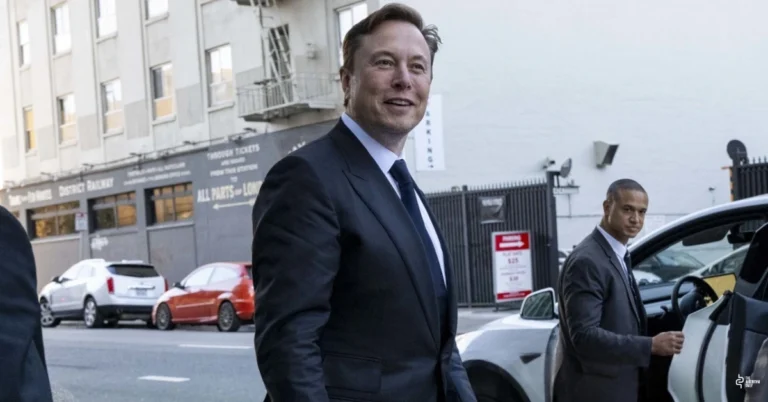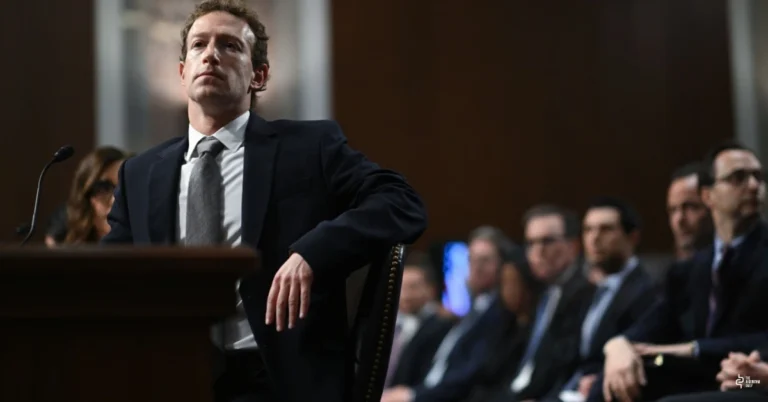Nvidia has been significantly impacted by the U.S. government’s recent chip-export restrictions, particularly regarding its H20 AI chip. In its Q1 earnings report for fiscal year 2026, Nvidia revealed a staggering $4.5 billion charge due to new licensing requirements that limit its ability to sell these chips to Chinese companies. Additionally, the company reported a $2.5 billion shortfall in H20 chip revenue for the quarter, as it could not ship these products due to the restrictions. Originally, Nvidia had anticipated a $5.5 billion impact from the export limitations.
Looking ahead, the company is predicting an even larger financial toll in Q2, with an $8 billion revenue hit expected due to continued licensing constraints. Despite these challenges, CEO Jensen Huang expressed that Nvidia is actively seeking ways to maintain a competitive presence in China’s vast AI market, which is one of the largest in the world. He emphasised that while China’s AI market is effectively closed off to Nvidia for now, this situation poses a global challenge, as winning in China is seen as crucial for leading in AI worldwide.
Huang criticised the U.S. government’s stance on limiting the export of AI chips to China, suggesting that while China’s AI market is thriving, American chipmakers are being stifled. He argued that these export bans will ultimately strengthen China’s domestic chip industry, creating a long-term disadvantage for the U.S. The CEO also praised the Biden administration’s decision to scrap the AI Diffusion Rule, which could have imposed even stricter export controls, allowing for a less restrictive environment in the future.
Nvidia has been vocal about its opposition to the Trump administration’s export restrictions, particularly as they affect the competitiveness of U.S. technology abroad. Huang emphasized the importance of remaining competitive in China, arguing that restricting U.S. chipmakers from entering the market only accelerates the growth of China’s domestic tech industry. Nvidia’s future success, particularly in AI, is tied to its ability to engage with global markets, especially China, despite the hurdles created by these geopolitical tensions.
The U.S. government’s export restrictions are directly impacting Nvidia’s financial performance, and the company is now facing significant challenges in its efforts to maintain a foothold in China’s AI industry. While Huang remains optimistic about the future, the ongoing political and economic barriers suggest that Nvidia’s strategy will need to adapt as the global AI market continues to evolve.




